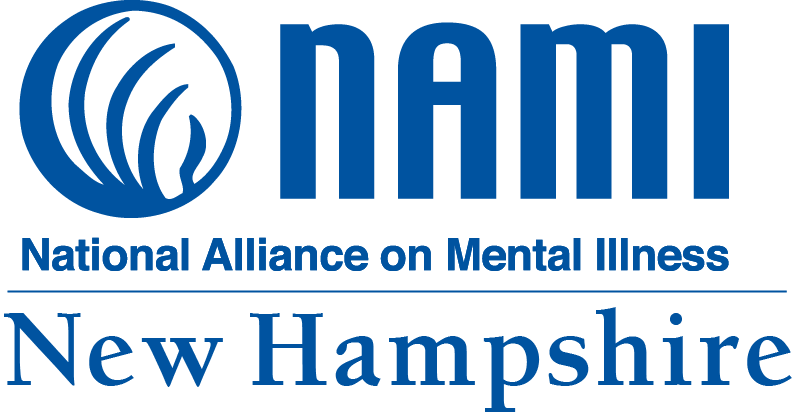| NAMI New Hampshire
|
Getting your Trinity Audio player ready...
|
In 2008, The Paul Wellstone and Pete Domenici Mental Health Parity and Addiction Equity Act (Parity Act) made parity for mental health and substance use disorder services a goal. Parity means that insurance carriers must provide roughly equal coverage for mental health and substance use disorder treatments as compared to physical health treatments under an insurance plan. Parity is now protected by state and federal law.
When the Parity Act first became law, many insurance companies elected to stop providing mental health and substance use disorder services. The law doesn’t require that mental health and substance use disorder services be provided, only that if they are, they must be in parity with physical health services that are offered under the plan.
To avoid the parity requirement, some insurers simply stopped providing coverage for mental health and substance use disorder services. When the Affordable Care Act (ACA) was passed, it required all commercial insurers to provide coverage for mental health and substance use disorder services as one of the essential health benefits set forth in the law. It was the ACA that finally gave the Parity Act some teeth.
State and federal parity law (Parity Law) requires that most health insurance plans cover mental health and substance use disorder services in about the same way as they cover physical health care services. Health insurance plans cannot impose greater financial requirements or greater treatment limitations on mental health and substance use disorder treatment benefits than on physical health care benefits. Insurance practices should apply consistently, including: deductibles; copays; coinsurance and out-of-pocket maximums; limits on the use of services, such as limits on the number of inpatient days or outpatient visits that are covered; the use of tools by the insurance company to manage care; payment for services by out-of-network providers; and criteria for deciding whether a service is medically necessary.
If your provider recommends mental health or substance use disorder services, your health insurance must allow you to access those services without unequal barriers.
Parity does not mean that treatments for medical and mental health conditions/substance use disorder need to be covered in the exact same way. Parity does mean that out of pocket cost and coverage amounts should be about the same. For example, if your health insurance requires you to pay higher copays for mental health therapy services than for physical therapy services, or places annual limits on the number of mental health therapy visits without doing so for physical therapy, the health insurance company may be violating your rights under the Parity Law.
Although not specifically called out in the Parity Law, provider network design may be a violation. For instance, if the insurance company’s network for mental health providers is so limited, or “skinny” that you have to drive farther or be on a wait list longer to start receiving mental health services than for physical health care services, this may be an unequal barrier to treatment that violates the Parity Law.
In New Hampshire, the Insurance Department (NHID) has consumer representatives available to help answer questions about the Parity Law and health insurance coverage. The primary responsibility of the NHID is to enforce the insurance laws and rules of the state, including parity laws.
If you believe that your insurance company is treating coverage of mental health and substance use disorder services differently than physical health care services, you can contact the NHID at 800-852-3416 or via email at consumerservices@ins.nh.gov. You can also file a complaint with the NHID regarding your insurer’s unequal treatment of mental health and substance use disorder services. For information on filing a complaint, please visit the NHID website https://www.nh.gov/insurance/complaints/index.htm. Please know that if you are part of your employer’s self-funded insurance plan, the NHID may refer you to the US Department of Labor for guidance.
Holly Stevens, Esq., Director of Public Policy
NAMI New Hampshire
For more information on the state of parity throughout the country, read Behavioral Health Parity – Pervasive Disparities in Access to In-Network Care Continue from the nonprofit research institute RTI International.

